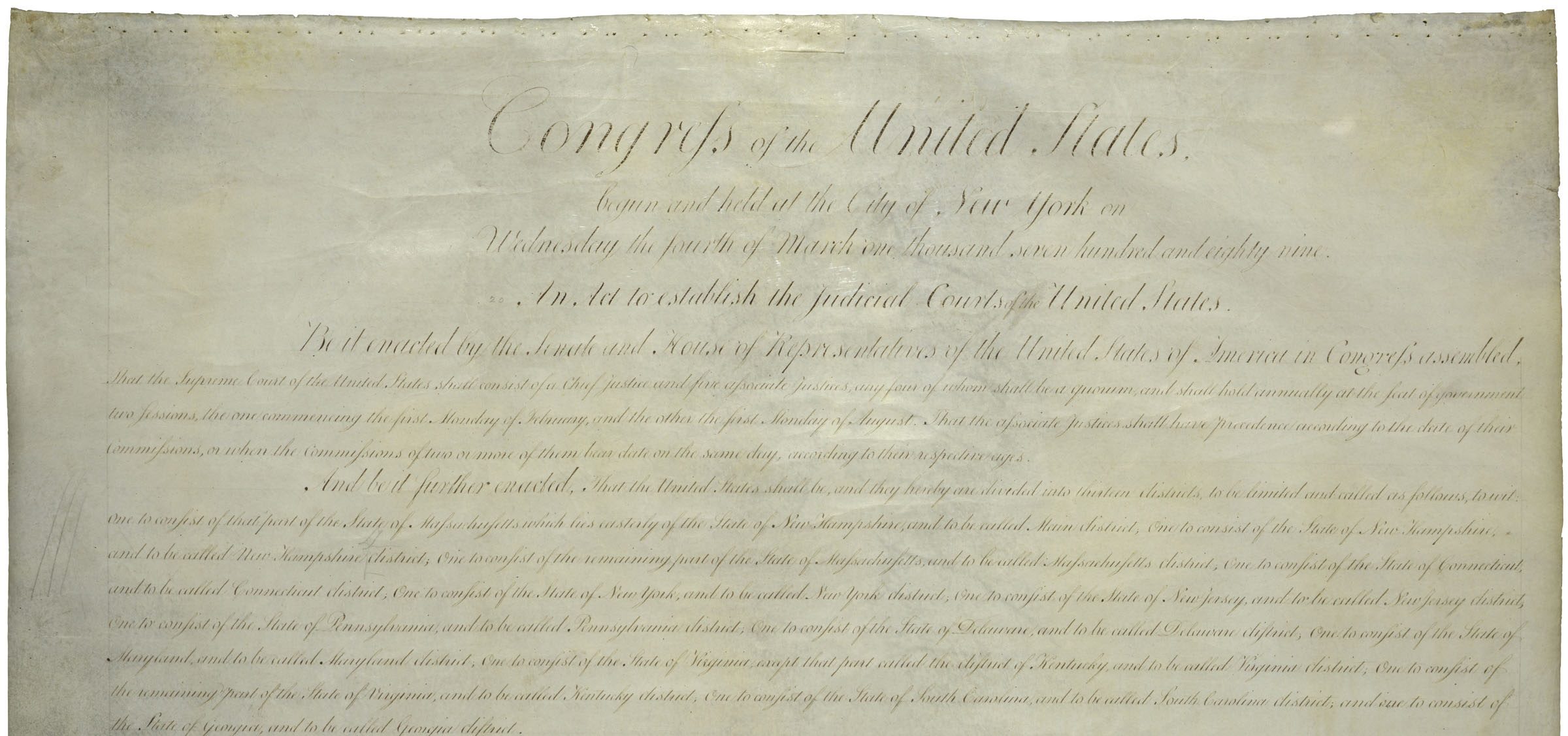It is a hard rule that a judge “must not participate in [plea] discussions,” Fed. R. Crim. P. 11(c)(1). In United States v. Harrison, No. 19-2234 (8th Cir. Sept. 10, 2020), a judge committed plain error by talking a criminal defendant out of a plea deal by assuring him – incorrectly – that he would get a more lenient sentence if he went to trial.
Here, the defendant Harrison was offered 70 to 87 months for a felon-in-possession firearm charge, the recommended Guidelines range. Harrison complained to the court about his defense lawyer’s performance. The judge inquired about the terms of the plea offer. Upon learning that it was a Guidelines-range sentence, the judge opined “[t]hat’s probably worse than if he got convicted, right? I mean, because if he gets convicted, he can argue for less, right?”
The judge excused the assistant U.S. attorney. “The court then turned to Harrison and said that the federal (as opposed to the state) system ‘sucks’ and is ‘really harsh.’ Not done yet, it offered even more advice. Pleading guilty, it said, would mean that he would be sentenced by another, less lenient judge. But if he decided to go to trial, the other judge would be out of the picture.”
“Harrison took the hint and opted for trial.” Unfortunately, upon conviction, he was sentenced to 92 months – more than the high range of the plea deal. On appeal, the defendant argued that “absent the court’s advice, he likely would have accepted the government’s offer and received a lighter sentence.”
The Eighth Circuit, applying plain-error review, vacates the sentence and remands for resentencing before a different judge.
The government conceded error but argued that it was not prejudicial. The panel disagrees. “We cannot know for certain what Harrison would have done if the district court had stayed out of the plea negotiations. But based on this record, there is ‘a reasonable probability’ that he would have done something ‘different.’ …. After all, he declared at the beginning of the hearing that ‘we can, like, get this out of the way, like, right now today’ because he did not ‘even [want to] go to trial.’ And he had good reason: the government’s offer was not going to get any better, and he faced a range of 70–87 months in prison if he accepted the deal and 92–115 months if he did not.”
The panel also criticizes the district court’s behavior: “[I]t was not its job to advise Harrison, and its comments were inappropriate. Commenting on the sentencing practices of another judge and making disparaging remarks about the federal system harms the ‘public reputation of judicial proceedings.’”
As a remedy, the panel remands for resentencing: “Even though the conviction itself is not in question, Harrison ended up losing acceptance-of-responsibility points by going to trial, so neutralizing the taint requires resentencing. On remand, … the court can consider the procedural history of the case, including the likelihood that Harrison would have pleaded guilty without the error and what his sentence might have been had he done so …. We accordingly vacate Harrison’s sentence and remand for resentencing before a different judge.”
